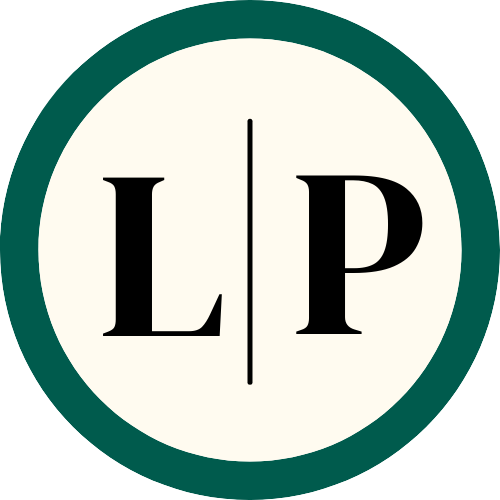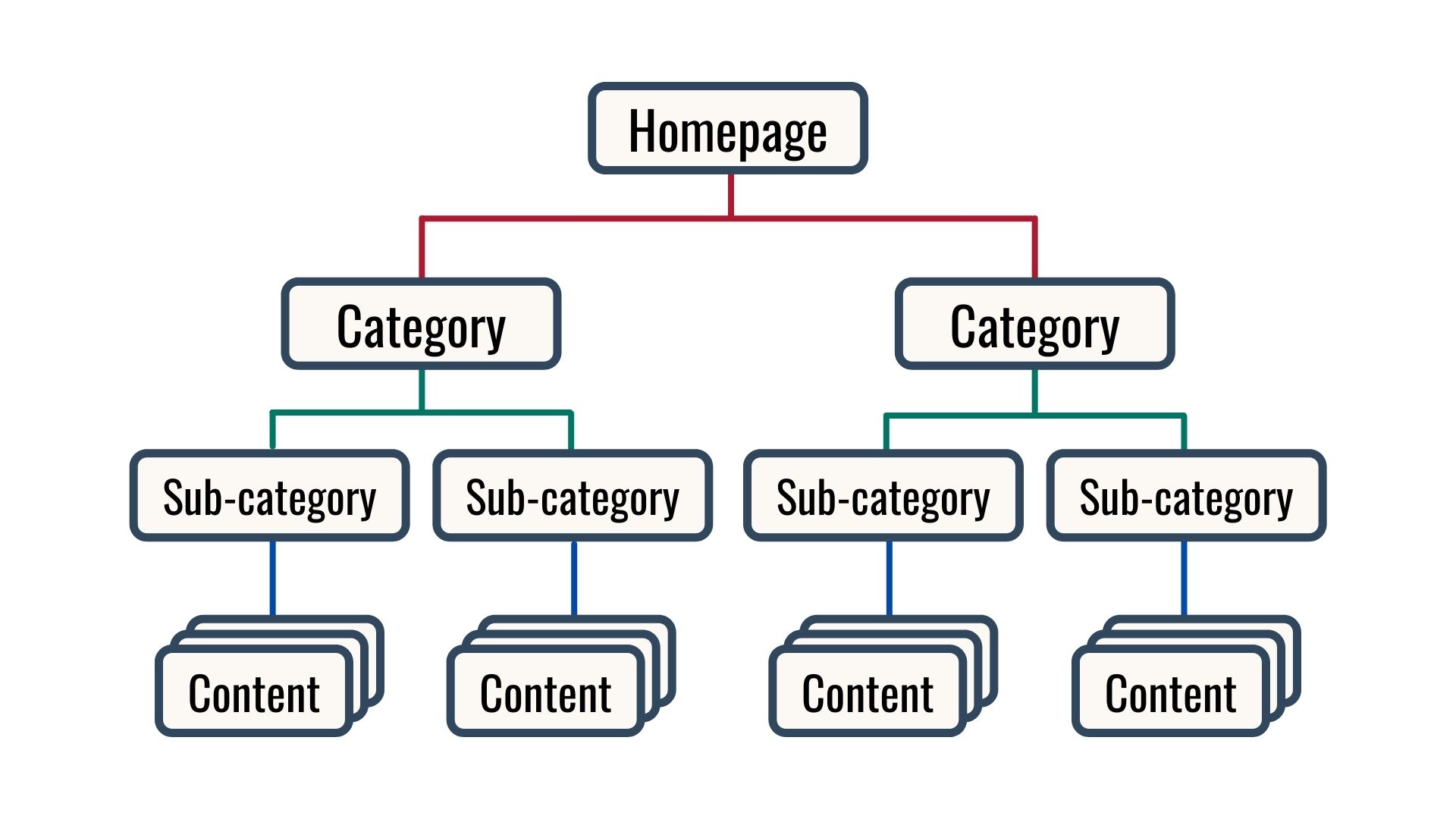Technical SEO: A Beginner’s Guide
One extremely important, but often overlooked SEO component if you want your website to rank higher—Technical SEO. Among the three kinds of search engine optimization (SEO) strategies that I’ve previously talked about, technical SEO is probably the very first thing you might want to focus on before you go expanding your website.
WHAT IS TECHNICAL SEO?
Technical SEO refers to optimizing the technical parts of a website to increase a website’s ranking. It is a part of onsite SEO, but has also become a topic of its own due to its nature of solely optimizing for search engines.
Technical SEO is all about making the website faster, making it easier for search engines to crawl and understand your website.
WHY IS TECHNICAL SEO ESSENTIAL?
Search engines like Google are all about providing the best possible results to their users. To determine what’s “best”, search engines will evaluate a website based on different criteria. Meaning your website needs to be crawlable for search engines to evaluate.
Technical SEO, in a way, is a double-edged sword. If you manage to nail everything, your website might be able to rank higher (along with other ranking factors). At the same time, it could also cost you if any serious technical error arises.
Hence, it is extremely important to pay attention to technical SEO since without it, search engines won’t be able to access your website, your website loses the chance to rank higher and be more visible to the public.
WHAT ARE SOME TECHNICAL SEO BEST PRACTICES?
Site structure
In simple words, site structure refers to how your web pages are linked with one another via internal links. It refers to how you organized your website and present it to search engines so they can easily crawl and understand your website.
Here are two most common ways you can better structure your website:
- Internal links
Internal links allow search engines and users to conveniently navigate throughout your website, an alternative (and quicker) way to access your all web pages. Additionally, linking to the “best content” indicates the higher priority of certain web pages. Search engines will recognize these specific pages and rank them higher.
- Categories and sub-categories
As you start to create more content, categories will come in handy when you start to group similar content together. It makes it much easier for users to access specific content, and shows search engines a page’s relevance to the overall site. And if your category is getting bigger, you can split them into subcategories.
Optimize for mobile
Since 2015, Google has been increasingly emphasizing the mobile-friendliness of a website. This is understandable since more internet traffic is now coming from mobile devices instead. If your website is not optimized for mobile, your website is potentially going to get a lower ranking. In fact, Google has made it clear that it considers having a mobile-friendly site as one important ranking signal.
The rule of thumb, your website should work well on all kinds of devices.
Page loading speed
Google, back in 2010, admitted that they’re “obsessed with speed” (yes, they literally wrote that in their blog) and included “site speed” as one of their search ranking algorithms. Fast forward eight years, Google expanded this ranking factor to mobile searches and advertisements.
You should always aim for a fast loading time, less than two to three seconds as the goal, said Google’s John Mueller. Anything longer than that, your website visitors start to get impatient and leave. These are all bad signals. Your website ranking could potentially suffer since Google tracks all kinds of signals.
Fix your broken links
Slow loading speed is frustrating. But by the end of the day, something is still loading, at least you will still see “something”. What’s worse is waiting for your page to load, but it shows you a 404 error page instead. It’s like walking in a maze but ending up at a dead-end.
What’s more, no matter how hidden your links are, search engines will still be able to find these broken links. And depending on how many broken links there are, search engines could potentially lower your website’s ranking.
Most websites have some broken links, it is inevitable especially when you have different outbound links—contextual links linking to an external website. People build and break things, and you have no control over what people do on their websites. The only thing you can do is to discover and fix them by linking them to another site.
Eliminate duplicate content
Having duplicated content, both within your website or on other websites, can send confusing signals to search engines. They just don’t know which one to rank higher. As a result, they could potentially drop the ranking of these pages that contain the same content.
Two common tools to detect duplicate content:
- Copyscape—detects whether you have duplicate text on other websites.
- Siteliner—detects whether you have duplicate text within your website.
If you want to discover duplicate content in Google’s eyes, simply copy the text and search it on Google. You will have to copy the exact text (32 words are the limit for Google) and paste it between double quotation marks.
As mentioned, technical SEO is important, equally as important to onsite and offsite SEO. Without a proper and organized website structure, search engines would not be able to crawl and understand your website. Even if you have a lot of great content, you won’t be able to receive a high ranking.
This website is all about building your online presence and improving your business. If you don’t already have a website, you can consider using full-blown website-building platforms (content management systems) like WordPress. It would require a bit of technical expertise for you to have full control over how you want your website to look.
If you’re a beginner and are looking for a simpler option, website builders like Website.com will be better for you. Check out this article to know more about CMSs and website builders, and see which solutions suit you more.

